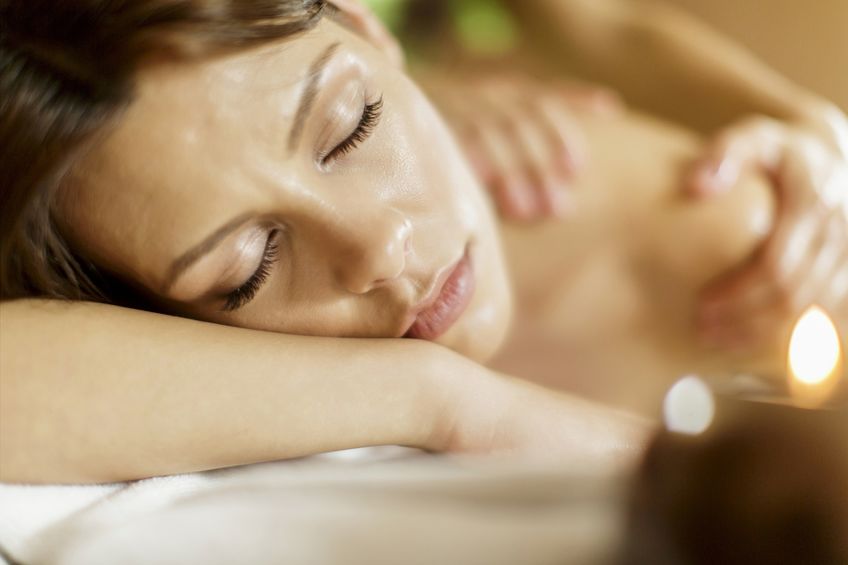Your Cart is Empty
Great quality, great colour, great size, client approved thank you
I received my massage bolster in super quick time, well packaged and at a good price. Will definitely purchase again in the future.
I was initially hesitant with going for a table described as a started, but the quality and versatility was quickly evident. Great adjustability, very sturdy and all round fantastic value.
Highly recommend these sheets. The size is fantastic for covering and draping. The size is brilliant and covering my 6 foot 4 clients . They wash really well and also tumble dry really well. Wish I’d bought them sooner. So quick to dry.





